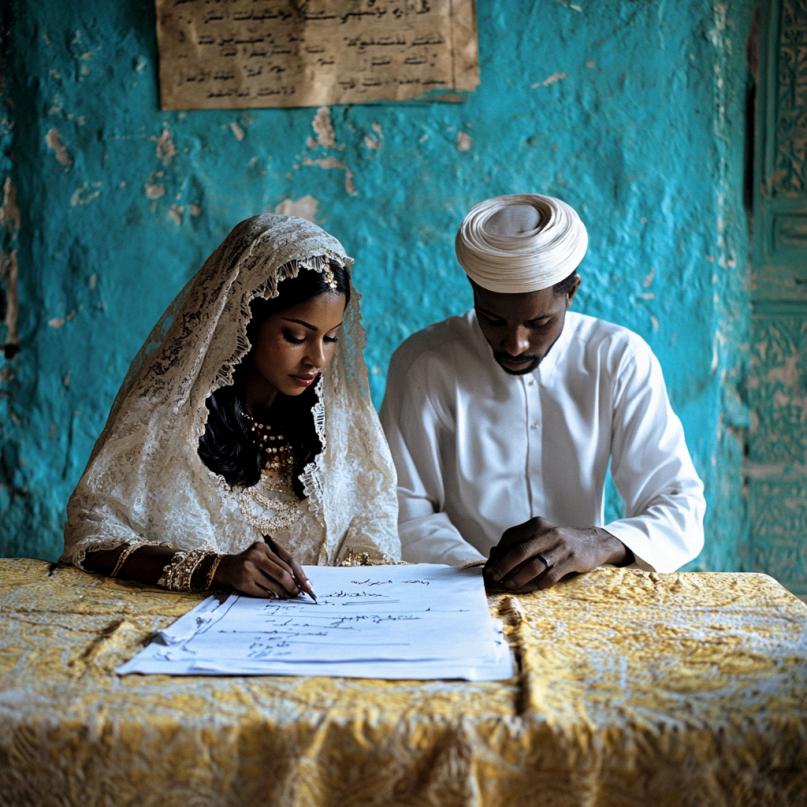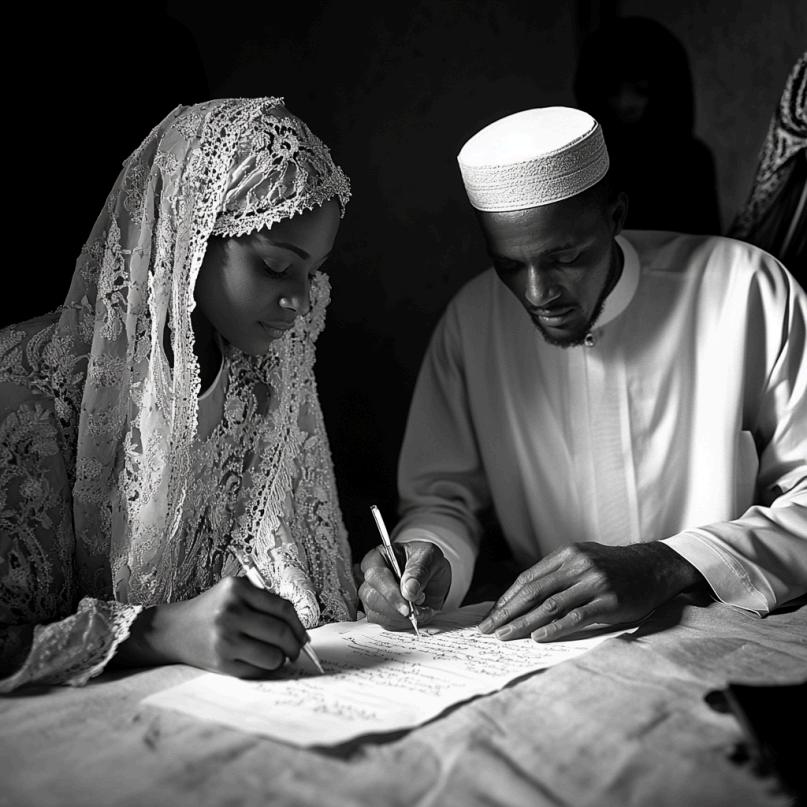
3 minute read


In the sun-drenched landscapes of Mauritania, where tradition meets modernity, the concept of divorce is anything but ordinary. Unlike in many cultures where divorce carries a heavy stigma, Mauritania has embraced a unique approach that turns the end of a marriage into a celebration. According to a 2018 Mauritanian government report, nearly one-third of marriages in the country end in divorce. Scholars estimate that half of all Mauritanian women experience divorce at least once, with many going through it multiple times. But what makes this story truly fascinating is the celebratory twist Mauritanians give to divorce.
Imagine a party with all the trimmings of music, dancing, and a feast. But this isn’t a wedding or a birthday bash; it’s a divorce party. In Mauritania, divorce is not just the end of a chapter; it’s a festive event. People celebrate the occasion by throwing divorce parties, which are like weddings. Friends and family gather to support and celebrate the individual stepping into a new phase of life.
Consider the numbers: 60% of divorces involve a separation of five years or more, 74% of divorced women remarry, and only 25% marry three times or more. These statistics reflect a society where divorce is a common, almost routine part of life. In this place, people deeply believe in second chances, and the phrase “third time’s a charm” holds significant meaning.
For many Mauritanian women, the freedom to leave a marriage without the cloud of stigma is a source of empowerment. Divorce parties symbolize resilience and the opportunity for new beginnings. These celebrations, complete with traditional music and dance, highlight a cultural acceptance that life moves on, and so should we. The notion of a divorce party may sound unusual to outsiders, but for Mauritanians, it extends their communal spirit and zest for life.
However, beneath the festive surface lies a complex reality. Civil society organizations have raised concerns about the rising divorce rates and their impact on family stability and child development. Children caught amid these separations may face emotional turmoil, struggling to find their footing in a constantly shifting family landscape. The ease of divorce might also overshadow the importance of working through marital challenges, fostering a culture where the solution to problems is simply to part ways.
Yet, there’s another side to this story. For many women, the ability to walk away from an unhappy marriage and celebrate that decision is a testament to their strength and self-worth. It’s a bold statement that life is too short to be spent in relationships that don’t bring joy. Divorce parties, in this sense, are not just about the end of a marriage but the beginning of a journey towards personal happiness and fulfillment.








